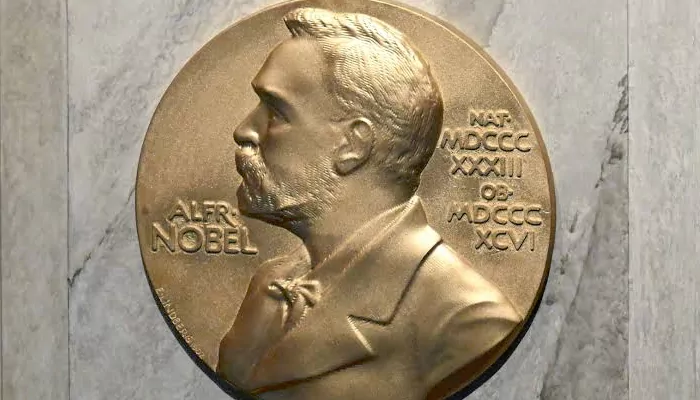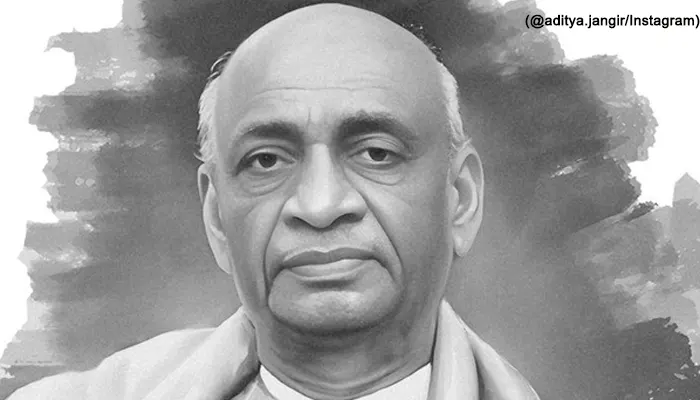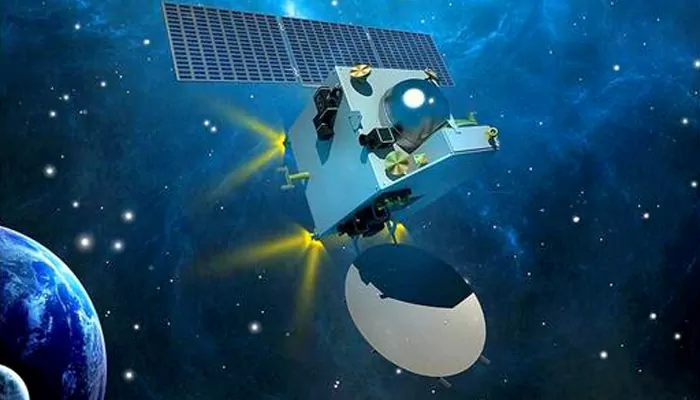Vote & Vitality: Can Election 2024 Act as America's Economic Revival?
- Admin
- 1 year ago
- 5 minutes read

Every passing day, 2024 presidential election is taking surprising turns!
Nearly a month ago, the pale and feeble sitting president appeared in a debate and since then, the presidential race changed its trajectory suddenly. The events that followed are assassination attempt on former president during campaign and withdrawal of current president from the upcoming election, giving the whole responsibility to the vice president. There is an old quote “elections have consequences.” Looking at the series of incidents before election, analysts are anticipating a massive change in the fate of America during and post 2024 election. Will it impact the world's largest economy? Let's find out. A disclaimer, we will not tell how you should vote, rather discuss the perspectives of economic analysts.

(Credit - @WhiteHouse X handle)
A Drastic Change - Possible?
If you have a strong preference in Presidential Election, it's not tough to overestimate the repercussions that political results have on nation's economy. Of course, political results come with economic consequences due to choice of policies. However, these effects are gradual, sometimes not so obvious and dependent on unknowables variables.
Present Scenario:
It's not a new thing that, currently the world is facing an economic slowdown which led to weakening of major economies and elevated interest rates. In the first quarter, the real GDP growth has witnessed a slow progression in America. However, effective strategy implementation has somehow avoided a recession.
Unemployment rate, currently at 4.1%, is low yet showing an increasing trend. During reopening of market post covid, the growth was unexpectedly high, which has little bit slowed down.
Not so Great, Yet not Bad:
Post-pandemic (2021 and 2022) was the time when inflation peaked. After reaching a shocking 7% rate, it has cooled down to 2.6% currently. The aim is to take the inflation below 2% by 2026. This should be supported by interest rate cut, from 4.1% to 3.1% by 2026. This would eventually help businesses to grow.
In 2021, And government passed an infrastructure law of funneling $1 trillion to big projects like roads, bridges and waterways.

Recovery of US Economy:
The upcoming years are looking safe and solid for America with steady growth and inflation rate coming to normal. Even the Federal Reserve is planning to cut interest rates. Several infrastructural expenditure, sanctioned under Joe Biden administration are set to commence in 2025 and 2026.
Former President Donald J. Trump pledged to “destroy inflation” and reduce interest rates focusing on growth of infrastructure and manufacturing sectors.
Safe Predictions:
Not all predictions before election comes out right post results. However, some assumptions are safe to do. Historically, both the last presidents spent in huge numbers, which might continue whomever gets elected this year.
Members of Congress from both the competing parties support increasing federal expenditures, which is also indicated in the recent Congressional Budget Office projections.
The Ideal Scenario:
Rob Haworth, senior investment strategy director at U.S. Bank Wealth Management said: “A key consideration for investors would be the policy direction of the winning candidate. The biggest policy advancements occur when one party controls the White House and both houses of Congress. Based on polls, we’re a long way from that scenario at this point.”

(Credit - @WhiteHouse X handle)
Some Risks to Consider:
Already former president Trump has threatened to raise tariffs drastically, which might lead to price rise. He also talked about to curtailing immigration, which might lead to labor shortages.
Apart from that, due to high interest rate for more than 20 years can potentially alow down the economy, affecting job market and employment rate.
“Neither candidate seems particularly concerned about rising debts and deficits, and with deficits running at greater than 5% of GDP for the near term, we should expect (bond) yields to be more volatile and trend slightly higher than might otherwise be the case; however, the risk of this is likely to be higher under a Trump presidency, and more so with a united Congress,” said Richard de Chazal, macro analyst for William Blair.
Ongoing projects & Sectors under Focus:
President Biden thoroughly fueled green energy sector, couple of airport upgradation is underway, several dams are getting revamped. Above all, semiconductor market is expected to grow more.
Any type of transformative public investments require numerous political cycles to show its true potential. Thus, it's an opportunity for the next White House resident to showcase the victory lap.
Different Party, Different Policy:
Haworth explained the impact on different sectors based on winning candidate: “For example, if Republicans win, there is likely to be more of a push for development of fossil fuels, while a Democratic win might further promote renewable energy development.” However, this doesn't always translate into investment opportunities. “Ironically, businesses tied to renewable energy saw their stocks perform better under the Trump administration, while stocks of oil companies and other traditional energy companies have performed better under the Biden administration,” added Haworth.

(Credit - @Newsweek X handle)
“Whoever becomes president in 2025 is going to inherit a manufacturing economy that has a big upside at a high ceiling,” said Scott N. Paul, the president of the Alliance for American Manufacturing. “Part of that is because the monetary policy environment is likely to be better,” he added.
As early estimates suggest a bright future, the world is eagerly waiting for the elected candidate to take the whole credit.



.webp)

.webp)






